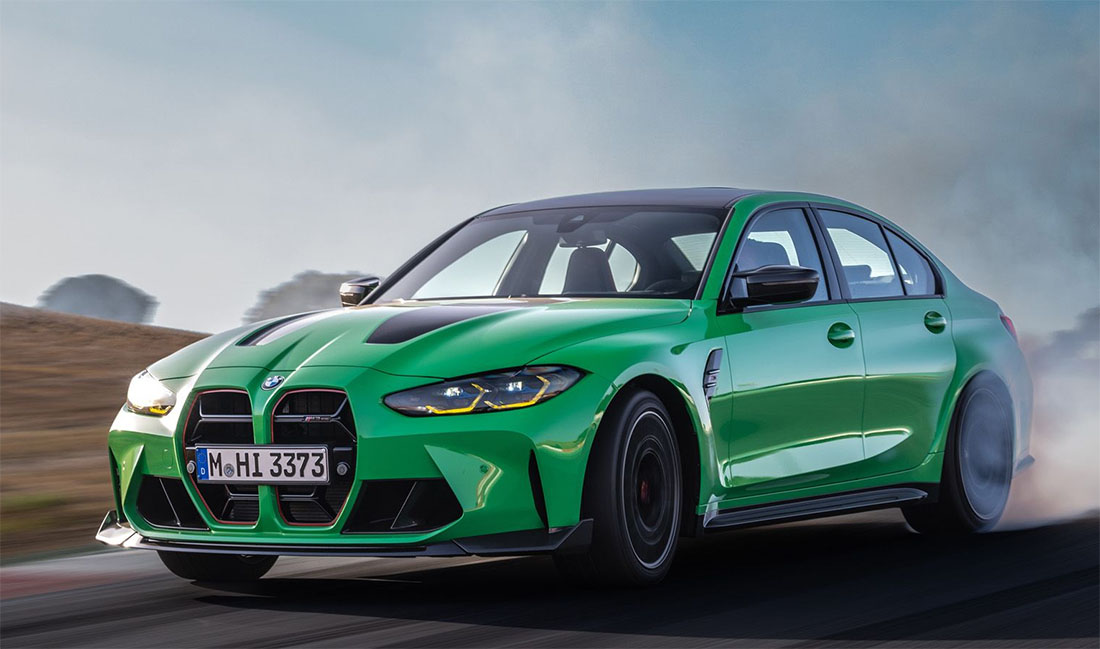
The tariffs, ranging from 7.8% for Tesla to 35.3% for SAIC and non-cooperative manufacturers, will be added to the existing 10% rate. As Commission spokesperson highlighted, "What we want is to remove the injurious effect of subsidisation." The measure aims to protect the EU's 2.5 million direct and 10.3 million indirect automotive jobs from what Brussels sees as unfair competition.
Germany, a key opponent, expressed concerns about potential retaliation. Finance Minister Christian Lindner cautioned against triggering a trade war, emphasizing the need for "a negotiated solution." German automakers echoed this sentiment, with Mercedes-Benz calling the decision a "mistake" and BMW labeling it a "fatal sign" for Europe's auto industry.
The Chinese response was swift and stern. China's Commerce Ministry declared the EU's actions "seriously violate WTO rules" while noting openness to continued negotiations. The China Chamber of Commerce to the EU expressed "deep disappointment," characterizing the measure as "politically motivated and unjustified."
Some concessions have been made, including allowing Chinese companies to submit minimum price offers after the October 30 deadline. If accepted, these could exempt certain brands from the new duties. Additionally, individual manufacturers can request tailored rates, as Tesla has done.
The decision highlights shifting dynamics within the EU. Germany's diminishing influence in Brussels contrasts with Commission President Ursula von der Leyen's strengthened position on China policy. Despite her German origins, von der Leyen has championed a more assertive approach toward Beijing.
Industry responses varied, with Volvo Cars, owned by China's Geely Holdings, reaffirming its commitment to European production. Stellantis emphasized the need for "policies supporting demand and ensuring stability of rules" given the industry's current challenges.
As the October 31 implementation date approaches, the EU remains open to alternative solutions while standing firm on its decision to protect European industry from what it perceives as unfair competition in the crucial EV market.
![]()
















